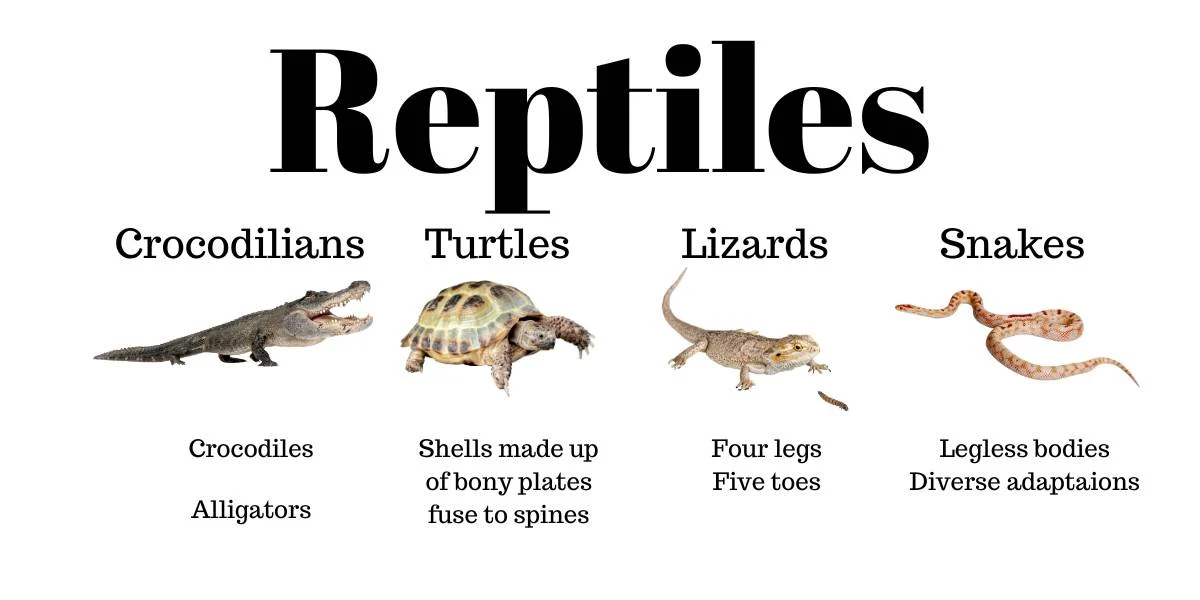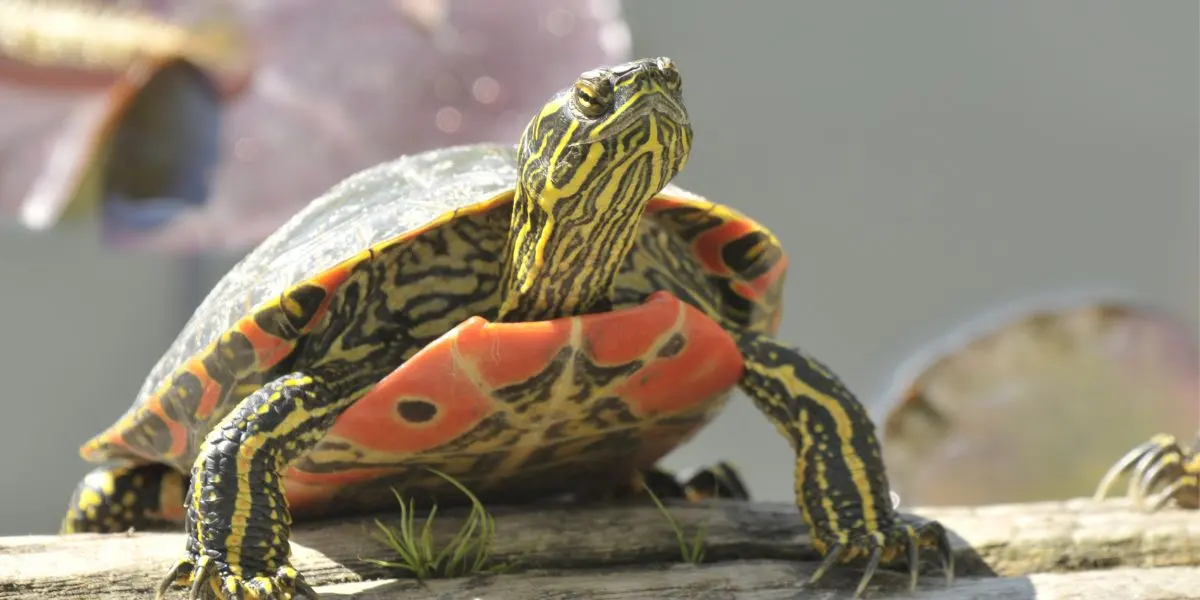Lizards, with their scaly skin and unique ability to regenerate their tails, have long fascinated both scientists and nature enthusiasts.
These reptiles can be found in various habitats around the world, from deserts to rainforests.
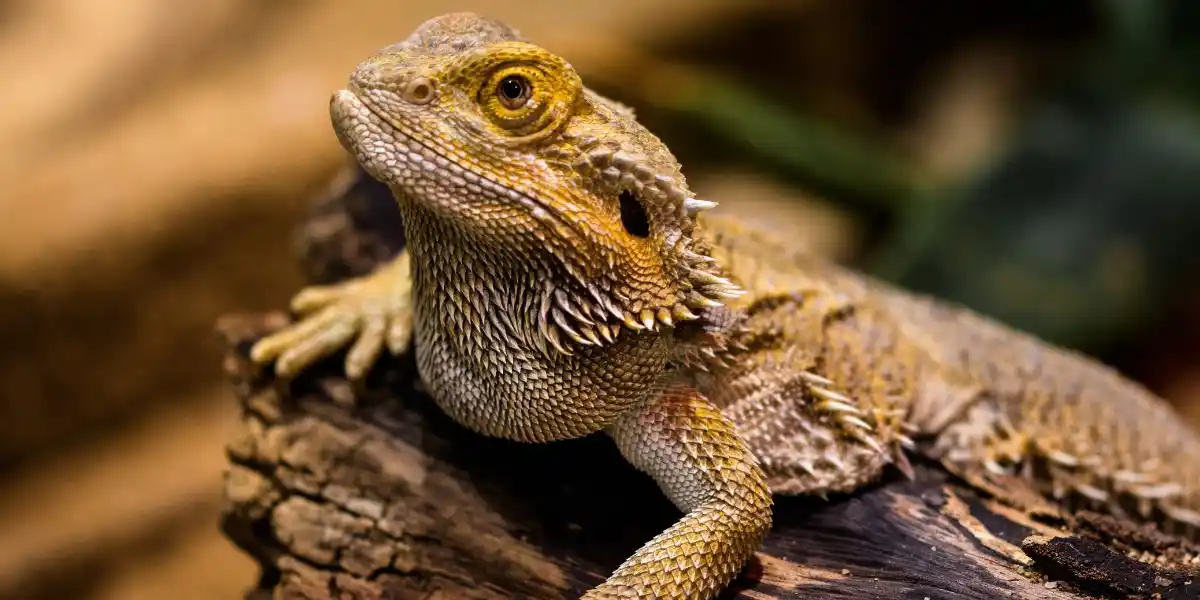
As with any living creature, their diet plays a crucial role in their overall health and well-being.
This leads us to the question: Can lizards eat grapes?
Background on Lizards
Lizards are a diverse group of reptiles belonging to the order Squamata, which also includes snakes.
They are found in various parts of the world, except for Antarctica. With over 6,000 known species, lizards come in a wide range of sizes, colors, and habitats.
From the tiny geckos that can cling to walls with their adhesive toe pads to the mighty Komodo dragons, lizards display remarkable adaptability.
Lizards can be found in a variety of habitats, including deserts, forests, grasslands, and even underwater.
Some species are arboreal, spending their lives in trees, while others are terrestrial or semi-aquatic.
This diversity of habitats allows lizards to occupy different ecological niches and thrive in various environments.
When it comes to their diet, lizards are generally opportunistic feeders. Their feeding habits can vary depending on their species and habitat.
While some lizards are herbivorous, primarily consuming plant matter such as leaves, fruits, and flowers, others are insectivorous, preying on insects and other small invertebrates.
There are also omnivorous lizards that have a more varied diet, including both plant material and animal prey.
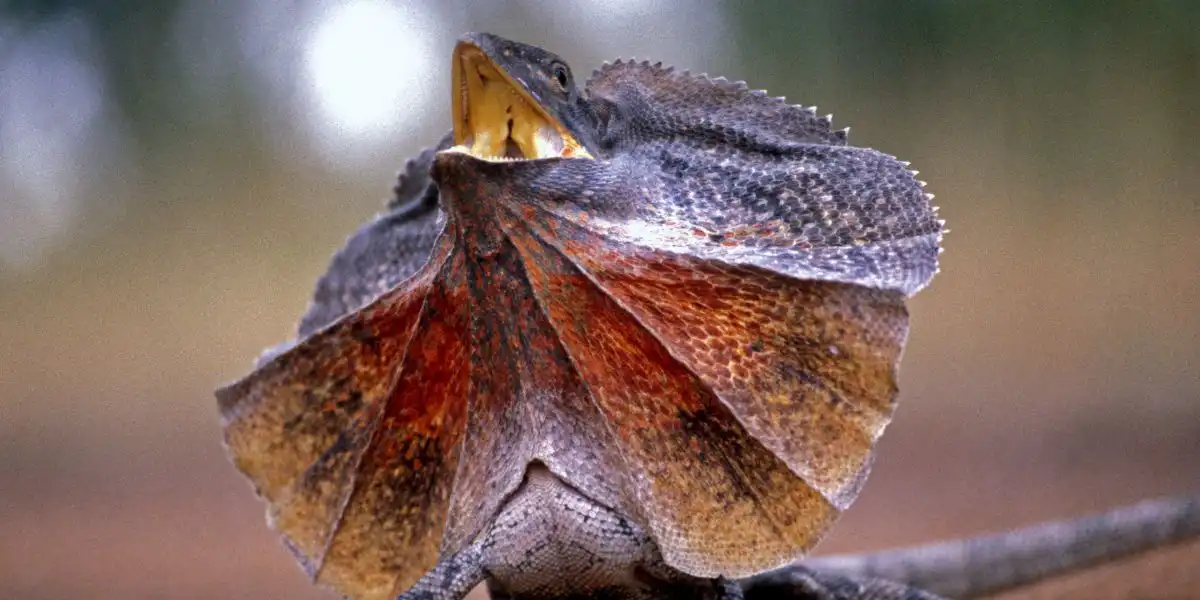
Lizards have evolved to be efficient hunters, using their sharp teeth and agile bodies to capture and consume their food.
Their ability to regulate their body temperature through basking in the sun allows them to be active predators during the day.
Understanding the diverse dietary habits of lizards is essential in determining whether grapes can be a suitable addition to their menu.
Nutritional Needs of Lizards
Lizards, like all living creatures, require a balanced diet to maintain their overall health and well-being.
They have specific nutritional needs that must be met to support their growth, reproduction, and immune function.
These essential nutrients include proteins, carbohydrates, fats, vitamins, minerals, and water.
A balanced diet is crucial for lizards as it provides them with the necessary energy and nutrients to thrive.
Proteins are essential for muscle development and repair, while carbohydrates serve as a source of energy. Fats are important for insulation and energy storage.
Vitamins and minerals play a vital role in various physiological processes within a lizard’s body.
For example, vitamin D is necessary for calcium absorption, which is crucial for maintaining healthy bones and preventing metabolic bone diseases.
Minerals like calcium and phosphorus are essential for proper skeletal development.
An improper diet can have detrimental effects on a lizard’s health.
For instance, a deficiency in certain nutrients can lead to stunted growth, a weakened immune system, reproductive issues, and metabolic disorders.
| Nutrients | Importance | Food Sources |
|---|---|---|
| Protein | Essential for growth, development, and tissue repair | Insects (crickets, mealworms, roaches), worms |
| Calcium | Crucial for bone health, muscle function, and digestion | Calcium-rich insects (calcium worms), dark leafy greens, calcium supplements |
| Vitamin D3 | Facilitates calcium absorption and metabolism | Natural sunlight, UVB lighting, vitamin D3 supplements |
| Vitamin A | Supports vision, immune system, and reproductive health | Dark leafy greens, orange vegetables, insects |
| Fiber | Aids digestion and prevents constipation | Leafy greens, vegetables, fruits (in moderation) |
| Moisture/Hydration | Prevents dehydration and supports overall health | Fresh water, occasional misting, hydrating foods |
| Fat | Provides energy reserves and essential fatty acids | Limited fat sources such as waxworms (in moderation) |
It is important to provide lizards with a varied diet that meets their specific nutritional requirements.
Grape Composition and Nutritional Value
Grapes, the small, juicy fruits that are enjoyed by humans, have a unique nutritional composition.
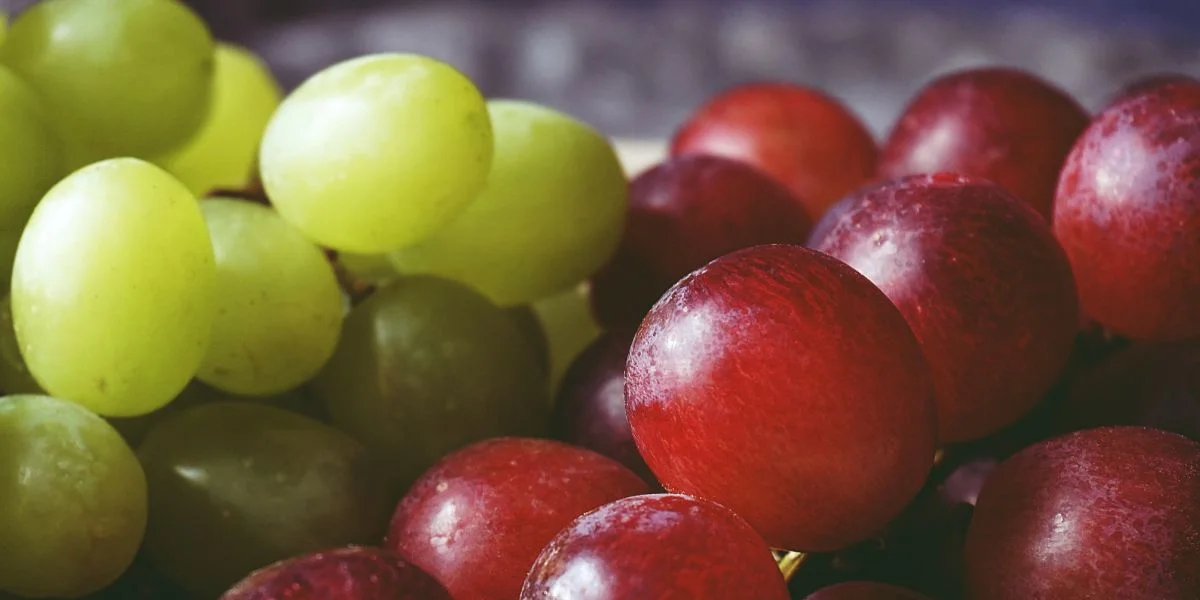
They are rich in vitamins, minerals, antioxidants, and fiber. Grapes are primarily composed of water, making them a hydrating snack.
When it comes to vitamins, grapes are a good source of vitamin C, vitamin K, and several B vitamins, including thiamine and riboflavin.
These vitamins play important roles in various bodily functions, such as immune support, blood clotting, and energy metabolism.
Grapes also contain minerals like potassium, magnesium, and manganese.
These minerals are essential for maintaining proper nerve function, muscle contraction, and bone health.
One of the notable components of grapes is their high antioxidant content.
Nutritional Value of Grapes (per 100 grams):
| Nutrient | Amount |
|---|---|
| Calories | 69 |
| Carbohydrates | 18 grams |
| Protein | 0.72 grams |
| Fat | 0.16 grams |
| Fiber | 0.9 grams |
| Vitamin C | 10.8 milligrams |
| Vitamin K | 14.6 micrograms |
| Potassium | 191 milligrams |
| Calcium | 10 milligrams |
| Iron | 0.36 milligrams |
| Magnesium | 7 milligrams |
Antioxidants, such as resveratrol and flavonoids, have been associated with numerous health benefits in humans, including reducing inflammation, protecting against heart disease, and potentially even preventing certain types of cancer.
While grapes offer a range of nutritional benefits for humans, the question remains: Can lizards safely consume grapes?
Can Lizards Safely Eat Grapes?
Arguments in favor of lizards consuming grapes:
Nutritional benefits: Grapes contain vitamins, minerals, and antioxidants that can potentially contribute to a lizard’s overall health.
The vitamins and minerals present in grapes may help support their immune system and promote proper bodily functions.
Research supporting safety: While there is limited scientific research specifically focused on lizards consuming grapes, anecdotal evidence suggests that some lizard species, such as bearded dragons, have been observed eating grapes without any apparent negative effects.
Arguments against lizards consuming grapes:
Potential health risks: Some experts caution against feeding grapes to lizards due to their high sugar content.
Lizards, especially those that are insectivorous or herbivorous, may not be adapted to metabolize large amounts of sugar, which could lead to digestive issues or obesity.
Grape toxicity: While grapes are generally safe for humans, they can be toxic to certain animals, such as dogs and cats.
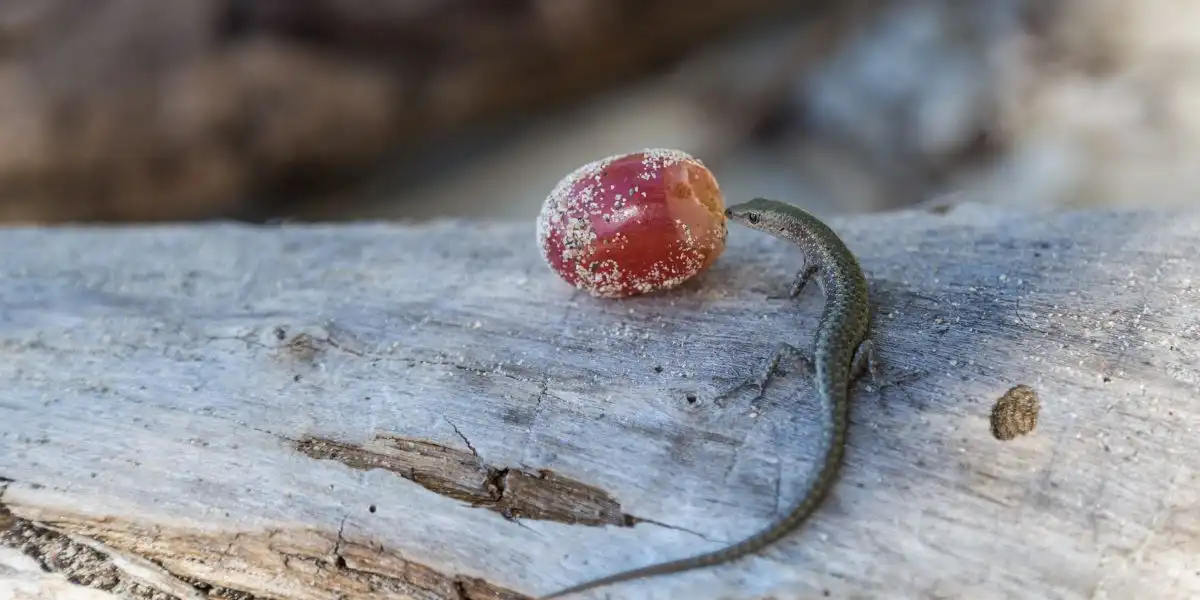
There is limited information on whether grapes pose a similar risk to lizards. However, it is important to exercise caution and avoid feeding them grapes until further research is conducted.
It is crucial to note that the impact of grapes on lizards can vary depending on the species, individual health, and overall diet.
Consulting with a reptile veterinarian or experienced reptile keeper is recommended before introducing grapes or any new food into a lizard’s diet.
Case Studies and Expert Opinions
Case studies of lizards consuming grapes in captivity:
There have been reports of lizards, particularly bearded dragons and some gecko species, consuming grapes in captivity without any immediate adverse effects.
These observations suggest that some lizards may tolerate grapes as part of their diet.
It is important to note that individual responses can vary, and what works for one lizard may not work for another.
Expert opinions on grape consumption by lizards:
Reptile experts have varying opinions on whether lizards can safely eat grapes.
Some experts caution against feeding grapes to lizards due to the potential risks associated with their high sugar content.
They recommend sticking to a diet that closely resembles the natural food sources of the lizard species in question.
Some experts believe that grapes can be offered as an occasional treat or a small part of a varied diet.
They emphasize the importance of moderation and ensuring that grapes do not make up a significant portion of the lizard’s overall diet.
It is crucial to consider both case studies and expert opinions when making decisions about feeding grapes to lizards.
Monitoring the lizard’s health, behavior, and digestion after introducing grapes can provide valuable insights into their tolerance and suitability for this fruit.
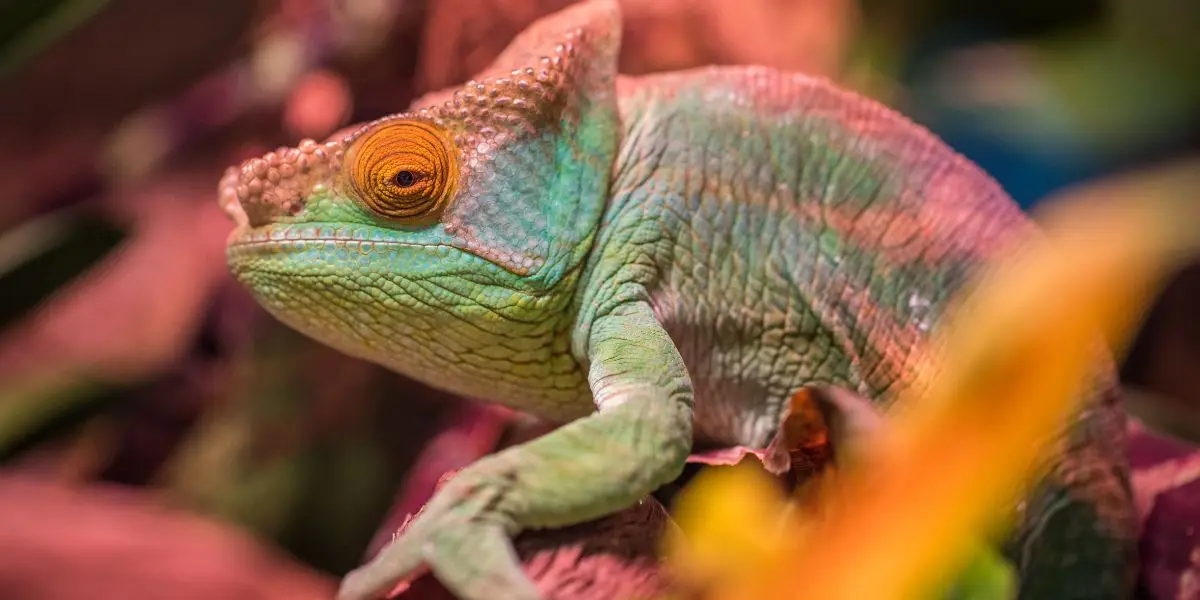
Frequently Asked Questions
Yes, grapes can be toxic to some reptiles, as they contain oxalic acid which can interfere with calcium absorption and cause metabolic issues in reptiles.
While the majority of lizards are primarily insectivorous, some lizards that may consume fruit as a minor part of their diet include certain species of iguanas, anoles, and some geckos.
Lizards have varying dietary preferences depending on the species, but most lizards are primarily insectivorous and thrive on a diet consisting mainly of insects, such as crickets, mealworms, and roaches.
Lizards should not eat toxic or potentially harmful foods, including foods that are high in fat, salt, or sugar. They should also avoid toxic plants and insects treated with pesticides.
It is generally not recommended to put grapes out for wildlife, including lizards, as grapes can be toxic to some animals. It’s best to provide wildlife with natural food sources found in their natural habitat.
If you want to feed wild lizards, it’s best to provide them with their natural food sources, such as insects and small invertebrates. You can create a habitat that attracts insects or use commercially available insect feeders.
Some safe fruits for reptiles, when fed in moderation, include mangoes, papayas, strawberries, blueberries, and raspberries. However, it’s important to research the specific dietary needs of the reptile species in question, as different reptiles have different dietary requirements.
Conclusion
The question of whether lizards can safely eat grapes does not have a definitive answer.
While grapes offer potential nutritional benefits and have been observed being consumed by some lizards without immediate adverse effects, there are also concerns regarding their high sugar content and the potential for grape toxicity in certain animals.
While grapes may provide some nutritional value, they should be offered in moderation and as part of a varied diet.
It is recommended to consult with a reptile veterinarian or experienced reptile keeper before introducing grapes or any new food into a lizard’s diet.
They can provide personalized advice based on the specific species, individual health, and dietary requirements of the lizard in question.
Further research is needed to better understand the potential effects of grape consumption on lizards, including the long-term impacts and any species-specific considerations.
In the meantime, it is important to prioritize the lizard’s overall nutritional needs and consider alternative food options that are known to be safe and suitable for their species.
By continuing to explore and learn about their nutritional needs, we can ensure the well-being of these remarkable reptiles.



